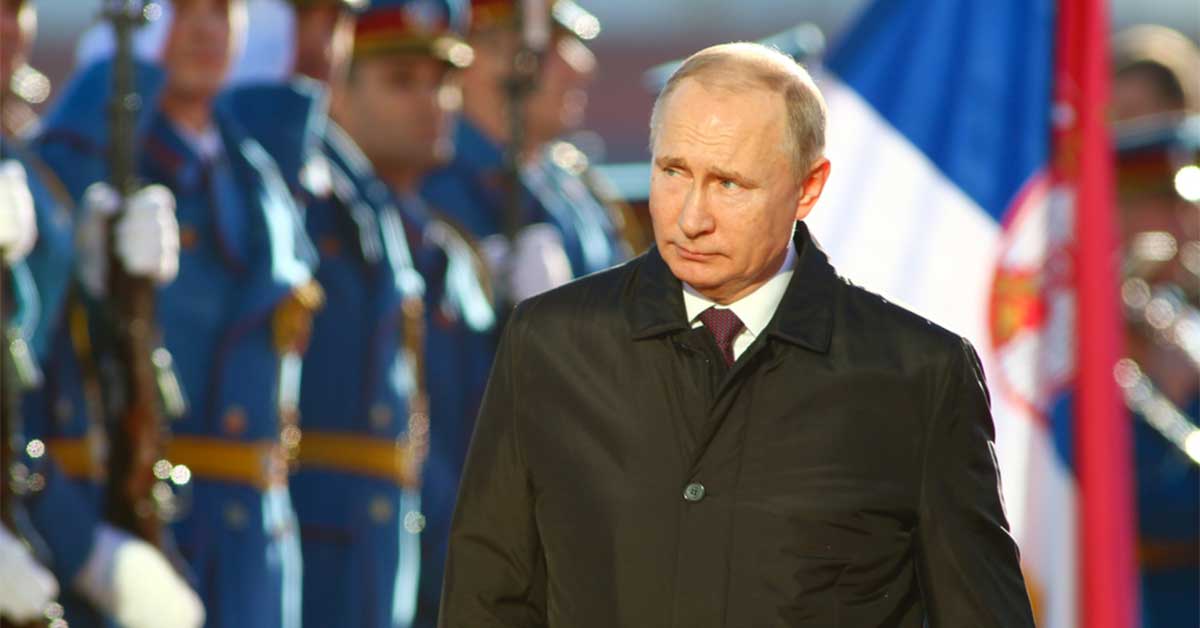Foreign media including the BBC, Bloomberg, CBC, and other companies have since suspended reporting in Russia as of 4 March.
The reason?
The new laws pertaining to journalism were added into the criminal code where a jail term of up to 15 years would be given to anyone found to be intentionally spreading or broadcasting “fake” news.
What’s Considered ‘Fake’ News In Russia
The ‘fake’ news in question is what Russian officials claim to be misinformation spread by the United States and Western European allies concerning the ongoing invasion of Ukraine.
Aside from making the spread of ‘fake’ news an offense punishable by jail or fines, they have also imposed fines on anyone calling for sanctions against Russia following the invasion of Ukraine.
Basically anything that boos Russia will get it from the Russian government.
The law was introduced in Russia’s bid to fight back in the information war, where accounts of Russian aggression on civilian areas and their failures have been running rampant on online platforms such as Twitter, Facebook, Reddit, and more.
Join our Telegram channel for more entertaining and informative articles at https://t.me/goodyfeedsg or download the Goody Feed app here: https://goodyfeed.com/app/
Russia is also blocking Facebook for restricting state-back channels. The state of Russia will also be blocking websites of the BBC, Deutsche Welle, and Voice of America.
Current Situation of Ongoing Russia-Ukraine Conflict
Today marks the 11th day since the Russians have invaded Ukraine. Russian troops have since bombarded multiple cities within Ukraine and is seen as the biggest attack on a European state since World War 2.
The invasion have since resulted in over a million refugees as fighting continues within Ukraine. In response to Russia’s aggression, the United States followed by members of the EU as well as other nations have begun an onslaught of sanctions aimed to hit Russia’s economy in hopes to stop the conflict.
During the beginning of the conflict, Moscow had claimed that their invasion was a ‘special military operation’ and denied targeting civilians.
However, multiple civilian areas and residences have been hit with artillery, rockets, and airstrikes. This includes missile strikes being fired on the central Freedom square and residential districts in the city of Kharkiv, which has a population of about 1.4 million people. Schools, residential buildings, and shops located within Kharkiv have also been hit by Russian air or missile strikes.
Russian forces have also attacked the southeastern port city of Mariupol. As of 5 March, the city has no water, heat or electricity and it is running out of food after five days under attack according to Mayor Vadym Boychenko.
Read Also:
- State-Owned Russian News Channel RT Unavailable on StarHub & Singtel Due to ‘Transmission Disruption’
- Russia Just Declared Temporary Ceasefire to Allow Civilians to Leave 2 Ukraine Cities
- 10 Facts to Know About Putin, The ‘Former Russia President’ Who is Now President Again
- Milo Giving Free Adidas Bags for Various Roadshows in Several Supermarkets
Featured Image: Sasa Dzambic Photography / Shutterstock.com
